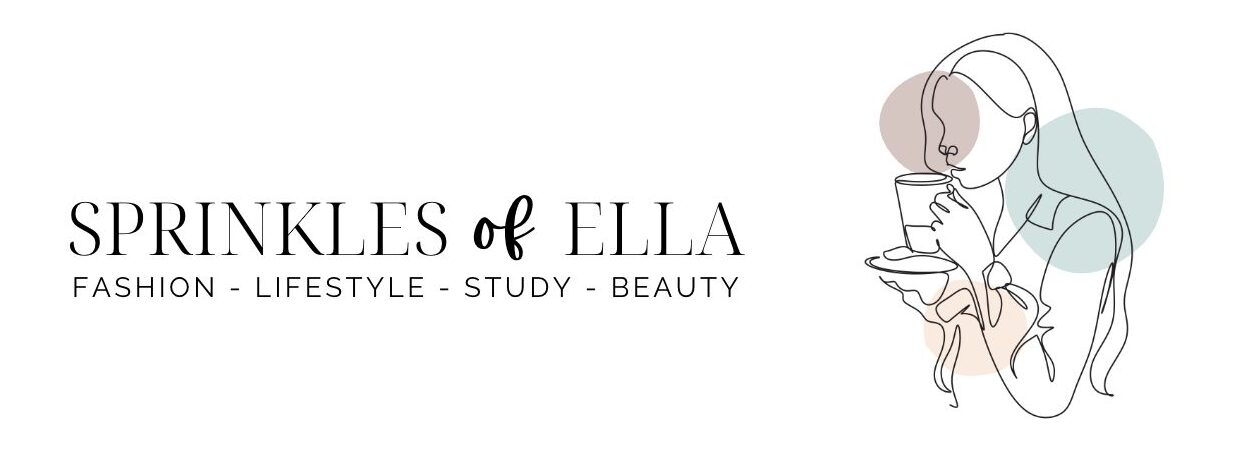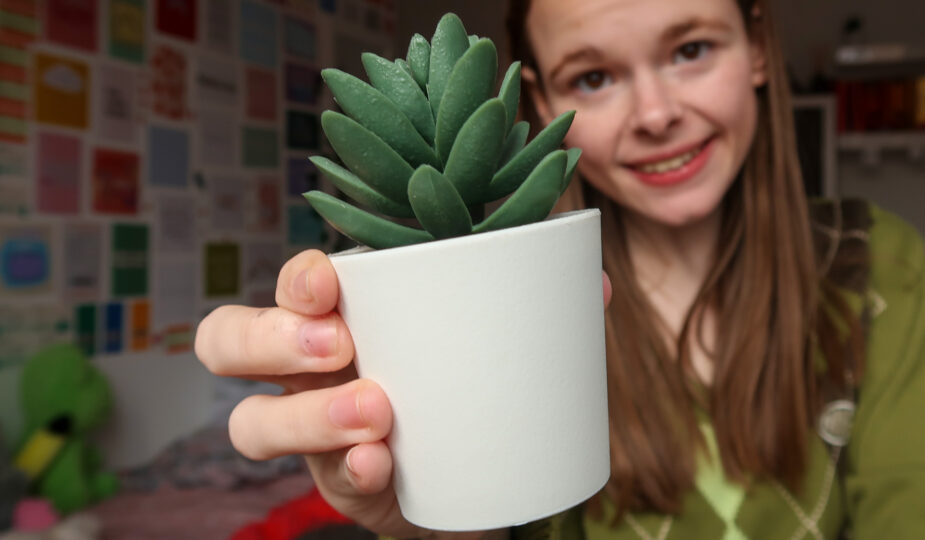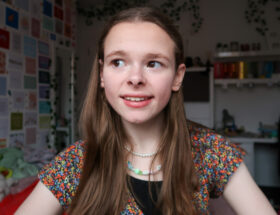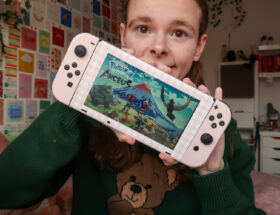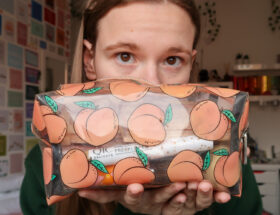… And it’s primarily down to ableism.
In today’s day and age, we’re all hyper-aware of the impact people have had on the planet. Even when I was at primary school, I was about recycling and why it’s beneficial, global warming (which I definitely called ‘global warning’ – thanks to auditory processing disorder) and why it’s such a bad thing, and why we should all be conscious of the choices we make and what impact those choices may have. Unfortunately, I’m scared that this post will be a bit controversial, but I just want to paint you a picture of a reality many people face and that many people may not realise.
I’m Not That Environmentally-Friendly, But Why?
I’m one of the millions, perhaps billions, of disabled people living in an inaccessible world. Over time, products have been created to help us manage our lives and live ‘normally’. However, many of these things were developed years ago when the environmental impacts of these things weren’t really thought about. So we are now being forced to give up things that are helpful to us due to environmental activism and flash laws and regulations that have come in.
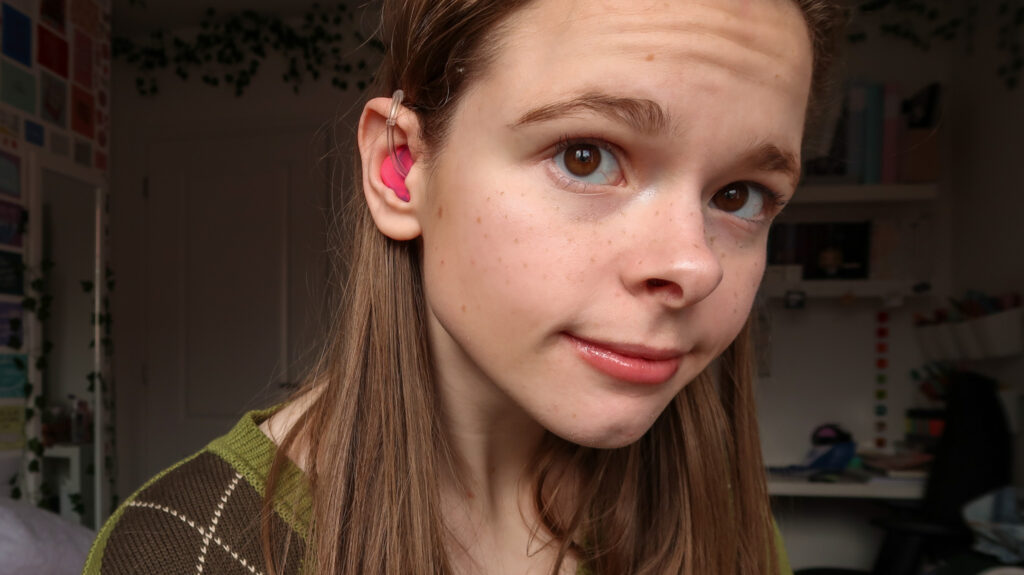
I’m not saying environmental activism is terrible; it’s precisely what we should be doing, and we should have realised this much earlier. It appears that as some things become more environmentally friendly, they also become less accessible.
Straws
Let’s begin with straws, a big one in terms of accessibility. Many people, and I, rely on single-use plastic straws for taking in hydration and nutrition. Yes, there’s a whole host of alternatives; bamboo, metal, silicone and more, but not all of them are accessible to everyone. I’m scared of getting a whole bunch of hate or something, but I’m going to draw on my own experiences here.
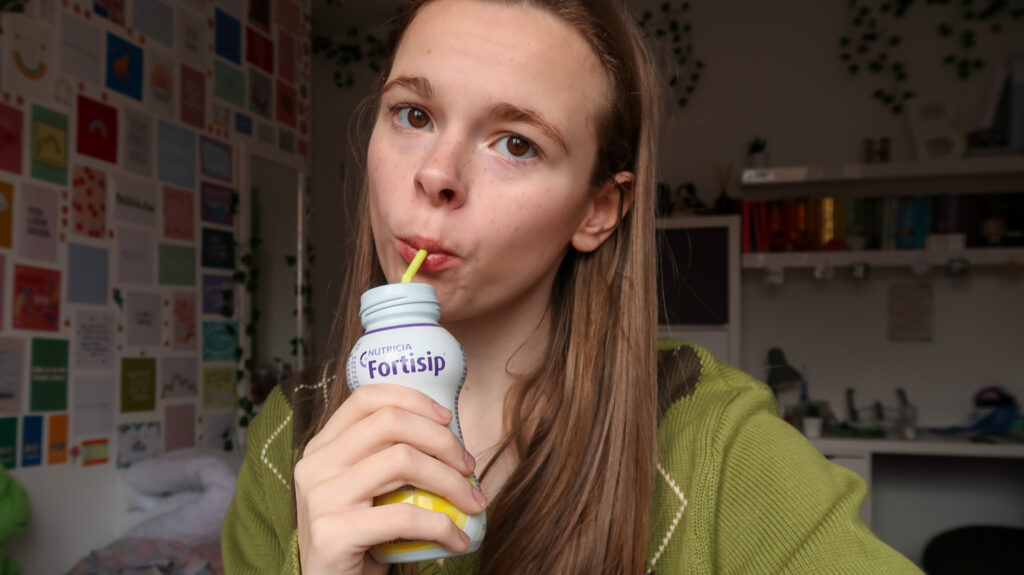
I have Dysphagia, which is difficulty swallowing which we think is caused by my lax muscles caused by Ehlers-Danlos Syndrome. Secondary to this, I also have gastrointestinal issues, sensory issues and an eating disorder; therefore, I usually drink Fortisip or Ensure supplement drinks. These are a bit thicker than your average drink and are also not the tastiest. I have tried so many different reusable straws with these drinks, but none of them provide the same safety (as in not swallowing too much at once) and comfort (from sensory issues) as a trusty plastic straw. Some people also require these straws as they have disordered immune systems, which means they need something clean or perhaps even sterile each time they drink. l can occasionally have other drinks with paper straws, but anything like Fortisip, where sometimes it is left for a while between sips, I can only drink safely and carefully with an ordinary plastic straw. This is a reality for a lot of disabled people.
No, we don’t hate the turtles; we don’t want sea life to choke and die from the plastic in the ocean. It’s sad that currently, there’s not one good environmentally friendly option. I’m not sure if there’s any that decompose or anything because that would be much better. It’s frustrating that there are so many rules and so much uproar about single-use plastic straws when there are a lot of things made of plastic that are a lot bigger and much more dangerous to the environment. Some people love to nit-pick every little thing disabled people do, and it’s sad. We’re not doing this to be spiteful, or because we hate the planet, we just want to live like you. It just looks different.
Veganism
Veganism is a good thing, but it isn’t entirely accessible to all. There are several reasons why people may not be able to be vegan. Personally, it would not be a good idea for me to be vegan because of my eating disorder. I have a specific ‘taste’, I guess, for the things I like, and alternatives haven’t always gone down well. Some of the things I eat contain animal products; for instance, I eat a lot of dairy. I probably could be vegetarian or pescatarian as I don’t really eat that much meat. I do like Quorn’s chicken nuggets, and a lot of the time, I do use plant-based milk in drinks, but ED-wise, I couldn’t label myself either as it would appear as so I was restricting an already (what is considered) restrictive diet.
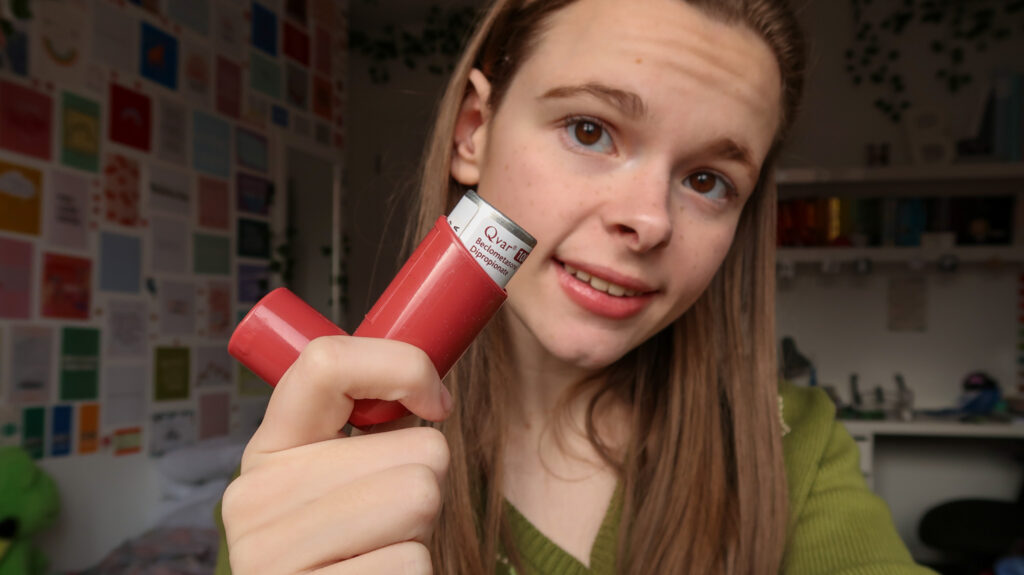
Some people have allergies, intolerances or deficiencies, so consuming animal products is the best way to tackle them. I probably shouldn’t say this, but the farming industry is enormous; most animals would be slaughtered regardless of whether or not people consume the product; thus, it would be a more significant waste to leave the products to rot instead of someone consuming it. Meat is relatively cheap compared to its vegan/veggie counterparts, so that’s another factor in people’s lives which means veganism isn’t always accessible.
It’s unfortunate that animals have to die because we need nutrition. But, scientifically, that’s what the food chain is like. The food chain, and the wider web, are really just massive equilibrium – keeping populations both fed and populated evenly. Extinctions within species occur when this web is disrupted, among other factors, and sometimes that isn’t even human doing. Most animals consume other animals; it’s biology. I’m not saying that eating animals is necessarily good, but it is part of the way that we have developed as a species. This point is obviously based on pure science rather than ethics, which is a slightly different ballgame!
We could go back and forth like this for a while, but I think the bottom line is that people who force veganism upon others are actually being quite ableist, probably without realising. Most people would probably love to be vegan or veggie, but I think we need to accept that not everyone can.
Finance
I mentioned this briefly when talking about veganism, but yes, environmentally-friendly and/or ethically-made goods are often more expensive than the alternative. Some people simply can’t afford to buy environmentally-friendly goods, at least not all the time. And it’s a difficult situation because products are usually more expensive because they’re ethically or environmentally friendly (because of schemes such as fair wages to staff, or because the goods take more ‘effort’ to produce). Not everyone has money, and the people who don’t are unfortunately discriminated against enough, so being forced to buy friendly products could be regarded as a form of ableism as it’s not accessible to all. Some people also can’t simply go and get a higher-paid job; some can’t work at all.
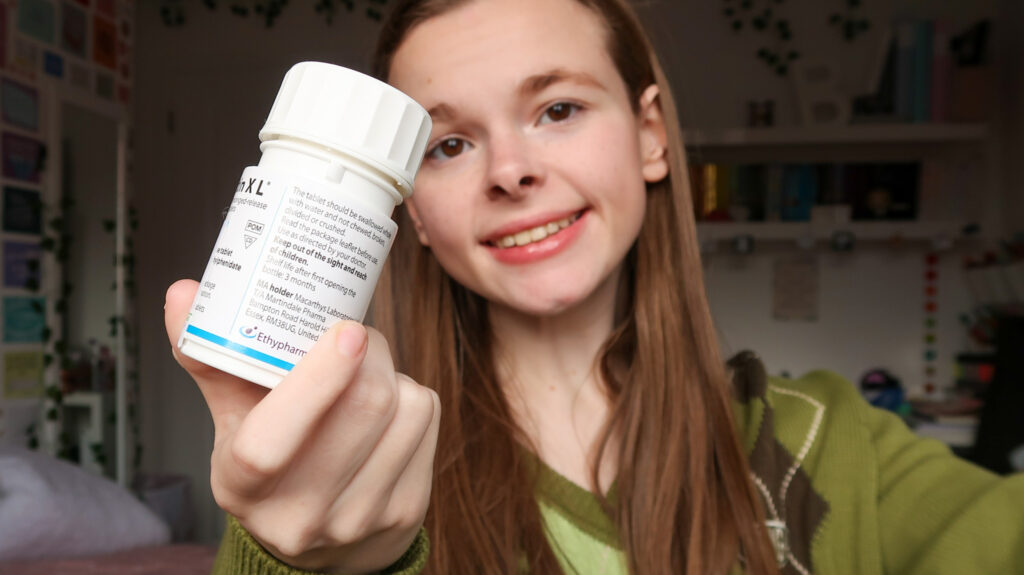
Anyone who can afford to spend a little more when you’re shopping, maybe do some research into what you buy, where it comes from and how it’s made. But shoppers who can’t, as long as you try and use environmentally-friendly provisions where you can, such as reusing carrier bags, it’s okay. One day it’ll be accessible to you too. ( I talk about this a little in THIS makeup-themed post too!)
Pads
I suffer from incontinence caused by my EDS, and so do others for a whole host of reasons. I use single-use pads or pants because, as of yet, I’m yet to find a suitable alternative, and I’m sure others are in the same situation.
I have researched before, but most of the products I found are for children. I think I’ll try and research again and see what I can find, but it’s quite tricky as a lot of the adult/young adult market is more period product-based. Along that line, there are many ways to be environmentally friendly on your period. There are reusable pads, period pants, menstrual cups, and probably more – however, like the rest of the points I make, these aren’t accessible to everyone.
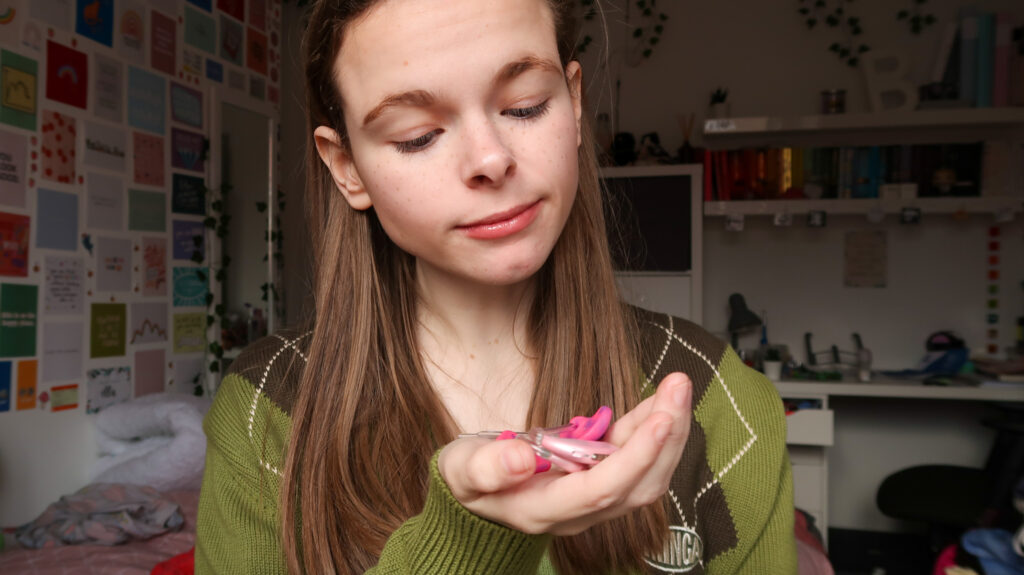
Other Single-Use Plastics
This doesn’t really apply to me right now, but it does apply to a lot of disabled people. Lots of medical equipment is single-use and stored/manufactured in a way that ensures it is sterile. Cannulas, PICC lines, feeding tubes and syringes are just a few examples of medical equipment made with single-use plastic, and they are life-changing. Without these things, some people simply wouldn’t be alive.
Like with most things, it’s a balance. Try to be environmentally friendly and shop ethically as much as possible, but understand and appreciate that you or other people can’t always do this. Unfortunately, not everyone is ‘perfect’, and not everything is accessible. Don’t beat yourself up too much if you can’t protect the planet as much as you would like. It’s okay as long as you try when you can and also educate those who can so that they do… if that makes sense.
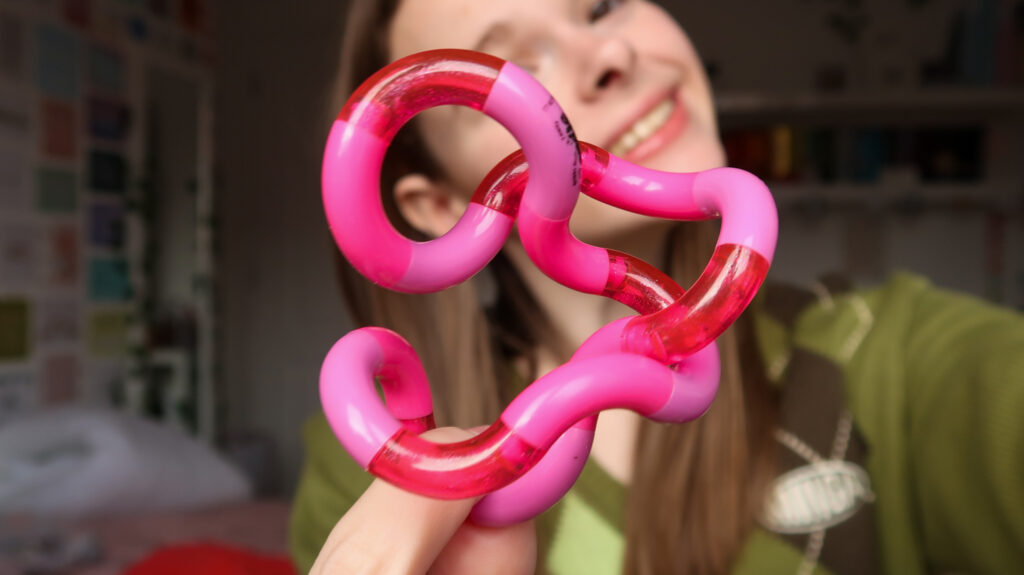
I’ve never really written a post like this before, so I hope it was interesting or insightful. I’m just trying to articulate that there are a lot of people who care about the planet but are restricted as to what they can do to help, and unfortunately, that is because it just isn’t accessible. I hope people who try and force environmental activism or veganism on people educate themselves on what it means to be disabled and/or discriminated against in such a way. If you’re vegan, buy environmentally-friendly goods and drive an electric car – cool. Please appreciate that we can’t all do that!
Here are a few resources with some more information if I’ve piqued your interest:
- Friends of the Earth Scotland: Eco Ableism and the Climate Movement – an article
- Veganism isn’t ableist, but some vegans are – an article
- The Poverty of Plastic Bans: Environmentalism’s win is a loss for disabled people – Academic Research
- Being vegan isn’t accessible for many disabled people – @disabled_eliza on Instagram
- If your ‘Environmentalism’ hurts disabled people, it’s dangerous – @disabled_eliza on Instagram
- Veganary Reminders – @thechroniciconic on Instagram
Environmental activism does not start with disabled people, I’m afraid.
I’m sorry if it was a bit weird and preachy, haha, I tried ☺︎ I may be talking a load of rubbish… I don’t know!
